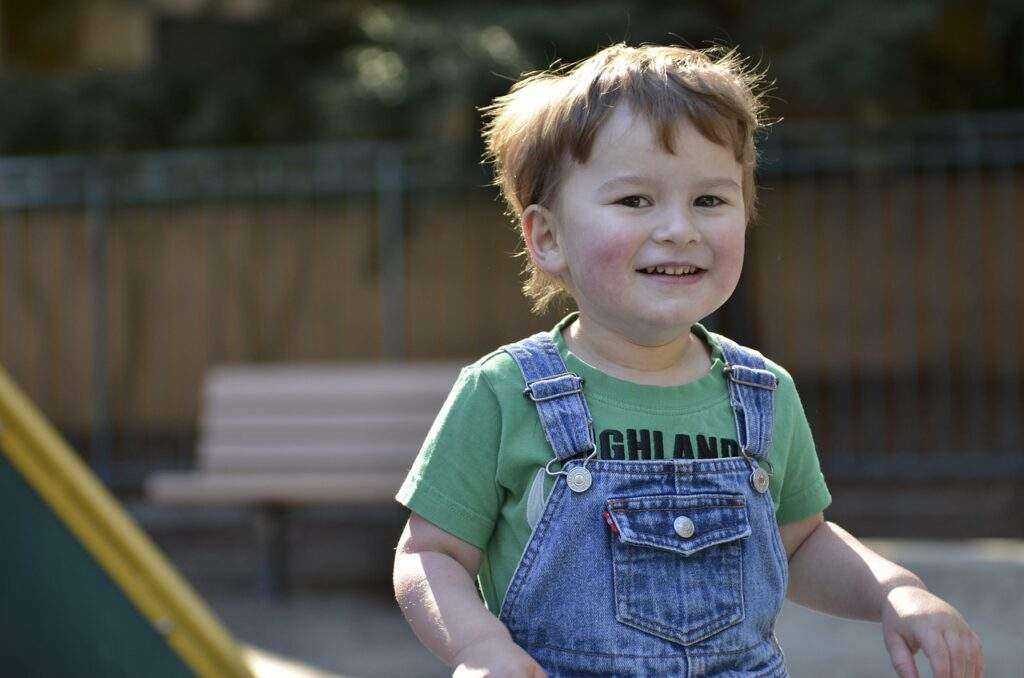
Regarding parenting, every parent wishes for their child to grow up happy and healthy. However, it’s important to be aware of potential developmental challenges, such as autism, which can affect children from an early age. Autism in India, like in many other parts of the world, is a condition that can be identified and managed with early intervention. Discuss how to identify autism symptoms in your baby, as it’s crucial to recognise the signs early to provide the necessary support and care for your child’s development.
Lack of Social Interaction
One of the early signs of autism in babies is a noticeable lack of social interaction. Typically, babies show interest in faces and respond to social cues from a very young age. However, if you notice that your baby rarely makes eye contact, doesn’t smile in response to your smiles, or seems disinterested in engaging with people, these could be red flags.
Babies with this issue may also not respond to their own name being called. If you observe these signs, it’s essential to consult with a doctor or an autism center for further evaluation and guidance.
Delayed or Limited Communication Skills
Communication development is a significant milestone in a baby’s life. While it’s common for babies to babble and make attempts at communication, those with this issue might show delays or limitations in their language development.
They may not coo, babble, or gesture as expected for their age. Pay attention to how your baby responds to your attempts at communication, as limited responsiveness or a lack of interest in interacting through sounds and gestures could be indicative of the problem.
Repetitive Behaviours and Fixations
Autistic babies often exhibit repetitive behaviours and fixations on specific objects or patterns. They may become intensely focused on certain toys or objects, repeatedly performing the same actions, such as spinning wheels or stacking blocks.
These behaviours may seem unusual compared to typical baby play and may persist for extended periods. Suppose you notice such repetitive behaviours in your baby. In that case, it’s advisable to seek guidance from an autism care center for a comprehensive evaluation and to understand how best to support your child’s development.
The Sensory Sensitivities
Sensory sensitivities are another common characteristic of this issue. Babies with this issue might display unusual reactions to sensory stimuli that range from lights to textures. They may become distressed or overly fascinated by certain sensory experiences.
Pay attention to how your baby reacts to their environment and any unusual reactions they may have two sensory inputs. If you suspect sensory sensitivities in your baby, consider contacting an autism center in India for expert guidance and assistance in understanding and managing your child’s sensory needs.
Difficulty with Changes in Routine
Babies often thrive on routines, but babies with the issue may have a particularly strong need for consistency. They may become distressed or agitated when their routine is disrupted and struggle to adapt to changes. This inflexibility in adapting to new situations or routines can be a sign that requires further attention.
Conclusion
Autism in India, as in many other parts of the world, is about identifying the symptoms in your baby early on, which is crucial for their development and well-being. While it’s important to remember that every child develops at their own pace, recognising certain red flags can help you seek professional guidance and intervention if necessary. If you notice a lack of social interaction, delayed communication skills, repetitive behaviours, sensory sensitivities, or difficulty with changes in routine in your baby, it’s essential to consult with a specialist or developmental specialist.